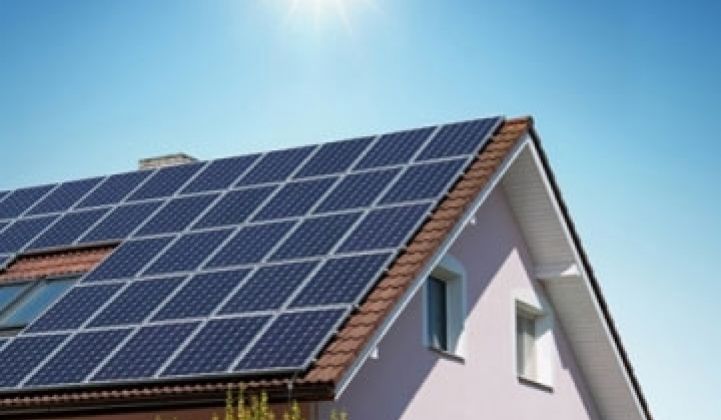Information or automation?
That’s the debate surrounding the home of the future.
Utilities, policymakers and a host of companies have been working mightily over the past few years to come up with products, services and incentives to get consumers to reduce their domestic power consumption. Residences account for roughly 20 percent of all of the energy consumed nationwide. Worse, that energy gets consumed inefficiently. Incandescent bulbs -- which generate far more heat than light -- are still the most popular bulbs in U.S. households.
The first school of thought believes that the best way to reduce power consumption is to give consumers tools and information that will let them intelligently track where their energy goes and help lower their bills. One of the most successful projects has come from startup OPower, which gives consumers a report card about their energy consumption in their monthly bill. It works, but on average only curbs consumption by about two to three percent. Other companies say that consumers lose interest in smart thermostats over time. Time-of-use pricing has yet to do the trick in the places where it has been tried.
The other school of thought takes the set-it-and-mostly-forget-it approach. Home automation and better appliances can effectively reduce power by talking to each other and making adjustments automatically, they claim. The Department of Energy and its partners (General Electric is a participant) believe that home power consumption can be cut by 30 percent to 70 percent, largely with incremental changes and existing technologies like solar panels. But automation comes with a price tag. Will these systems ever pay for themselves in lower energy bills? Who will set up these home networks? What's more, complaints that Big Brother has control of your thermostat will invariably follow.
In some ways, it really depends on your view of humanity. Can we do it on our own, or do we need an autopilot?
Read more on this topic in a joint effort by General Electric Ecomagination and Greentech Media, and join the conversation here.



